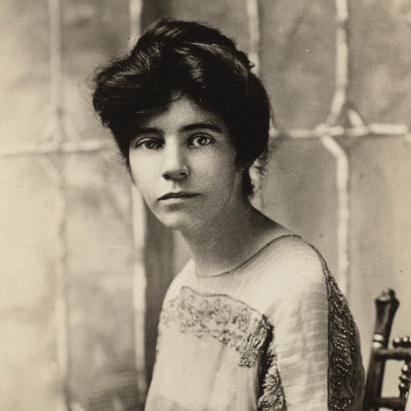
Alice Paul
Leader of the National Woman’s Party, she spearheaded the shift away from a state-by-state approach to suffrage to working for a constitutional amendment. She participated in militant suffrage protests in England and adapted their tactics to the American suffrage movement, although, as a birthright Quaker, she insisted that American suffrage activism be non-violent. She was jailed both in England and the United States. She was a brilliant strategist, and refused to give up fighting for suffrage no matter how bleak things looked. Thirty-four years old. (More)
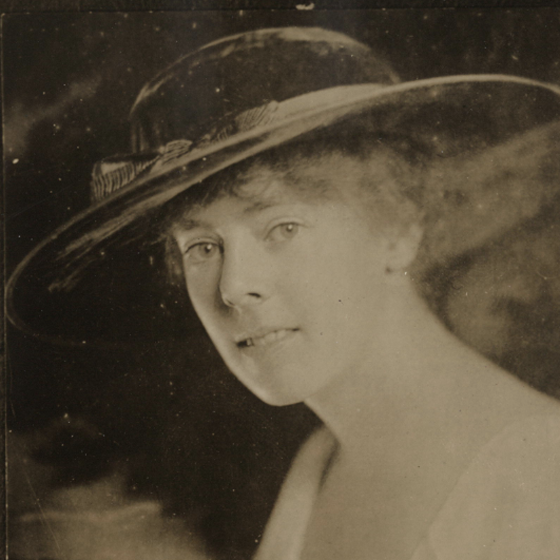
Katharine Morey
From Brookline, MA. One of the first suffragists arrested for picketing the White House. Legislative chair of the Massachusetts Branch of the National Woman’s Party. Twenty-seven years old. (More)

Betty Gram
Oregon suffragist, went on 8-day hunger strike at Occoquan Workhouse in 1917 after being arrested on November 10, 1917 for picketing the White House. Traveled all over the United States as a National Organizer for Alice Paul’s National Woman’s Party. Known as the “Singing Suffragist” for singing suffrage jail songs to end her speeches. Twenty-six years old. (More)
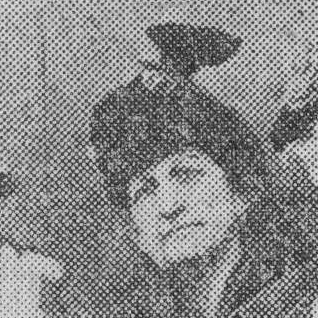
Lucy Daniels
Vermont suffragist who outspokenly advocated for including women of color in the suffrage movement. She refused to pay state taxes to protest her inability to vote. She had been arrested for picketing two times earlier, including the same November 10, 1917 picketing of the White House that Betty Gram participated in. Sixty-one years old. (More)
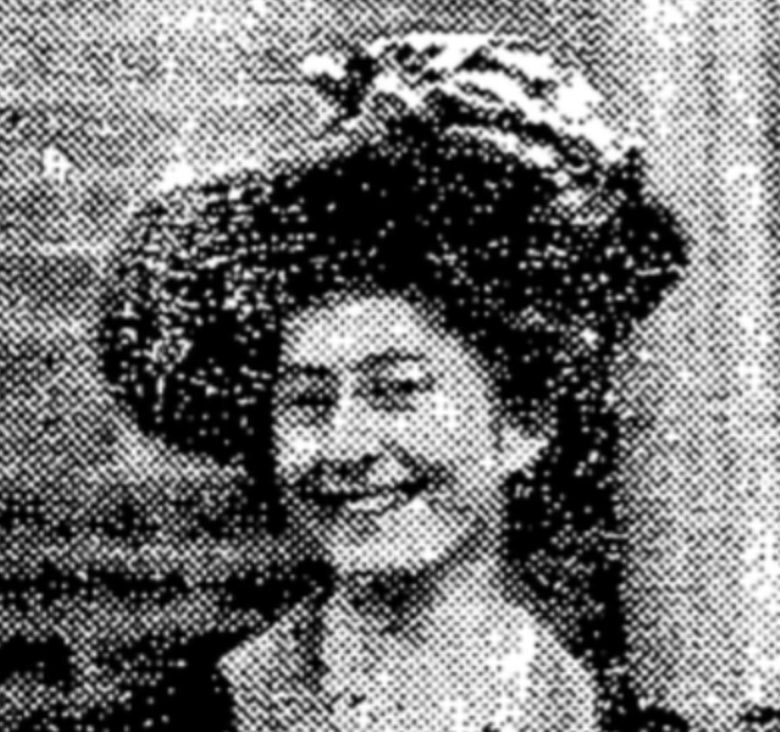
Mrs. Rosa Heinzen Roewer
Bostonian from notable family. She became active in the local suffrage movement at Radcliffe College (’07). She served as Secretary of the College Equal Suffrage League in New York City after graduation. In 1931, she collaborated with the National Woman’s Party to bring a test case to the Massachusetts Supreme Court in favor of admitting women to juries (The case failed; MA women did not begin serving on juries until 1950). Mother of young children. Thirty-three years old. (More)
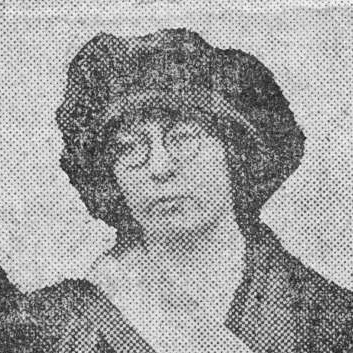
Martha Foley
Dorchester native. Socialist activist, this is her first foray into suffrage. She became a writer and editor, and was known for her encouragement of young writers. She co-founded Story magazine. Twenty-two years old. (More)
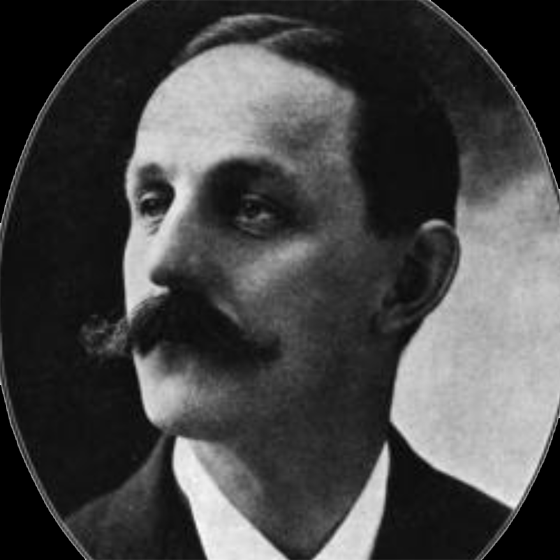
Police Commissioner Edwin U. Curtis
Chief Police Official who has to arrest the suffrage picketers in front of the Boston State House. He was the 34th Mayor of Boston 1895-1896 and Boston Police Commissioner from 1918-1922.
Judge Wilfred A. Bolster
Presides over trial of arrested suffragists. Served as Chief Justice of the Municipal Court of Boston from 1906-1939.
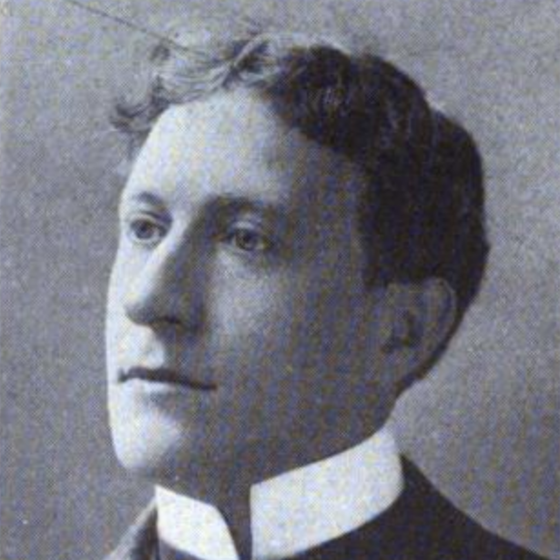
Sheriff John A. Keliher
Sheriff of Suffolk County 1917-1938; head of the Charles Street Jail. Was elected to the House of Representatives 1903-1911 as a Democrat.
Father
Martha Foley’s father, Walter Foley.